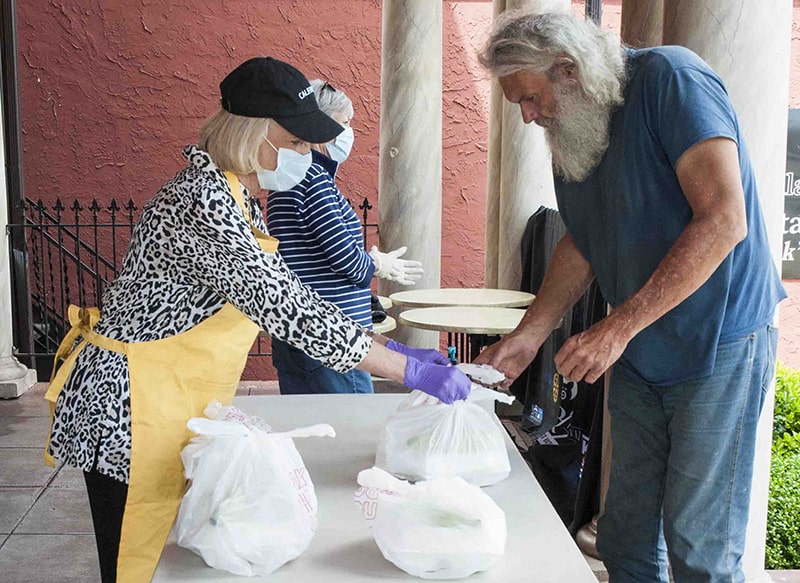
Tennessee Register file photo by Theresa Laurence
The COVID-19 pandemic has been a heavy strain on our lives, especially for those who’ve contracted the virus or have had a loved one become sick or even die.
The strain has shown itself as well in the lives of those who have avoided a direct brush with the virus. Many of us have shifted from going to our jobs every morning to going down the hall where we’ve set up an office to work from home. Some no longer have a job to go to, having joined the millions of Americans left unemployed by the pandemic.
We’ve become teacher’s aides in our homes as our children were forced to transition to distance learning when their school buildings closed.
We’ve had to separate ourselves from friends and family to protect them and ourselves from the virus.
We’ve had to learn to always have a mask handy when we’ve had to venture out into public spaces, again, not only to protect ourselves but anyone else we might encounter.
We’ve had to weigh whether it’s safe to return to Mass and rejoin our faith family in the celebration of the Eucharist, which is not only the source and summit of our faith but a beacon of our unity as the Body of Christ.
Despite the emotional toll extracted by the pandemic, as a faith community we have borne the strains with patience, consideration, empathy, flexibility and innovation.
Priests and deacons found ways to comfort the sick and the dying, who were often isolated from their loved ones, through layers of protective equipment and at a safe social distance.
When we could not come together for Mass, priests found ways to use technology to bring the Mass to the people. Parish and diocesan staff found new ways to deliver lessons about our faith to people secluded in their homes but still hungry for spiritual nourishment.
We found ways to reach out to provide material and spiritual assistance to those most severely affected by the pandemic, refusing to abandon them or our call to care for the least of these, our brothers and sisters.
Although we couldn’t go to Mass and drop our weekly contribution in the collection basket, we found other ways to support our parishes financially so they could continue to play their important roles in people’s lives.
When our schools were forced to close their doors, teachers, parents and students quickly adjusted to distance learning so they could complete the year’s studies.
In his recent letter extending the dispensation from the obligation to attend Mass on Sundays and Holy Days because of the continuing threat of the pandemic, Bishop J. Mark Spalding wrote: “At the outset, allow me to express my appreciation for the willing spirit, faithfulness, and concern for neighbor that you have shown as our world has responded to the COVID-19 pandemic. Our civic leaders and public health officials have indicated that we are making significant progress against the disease and no doubt, the sacrifices that we have made in the public practice of the faith are part of that progress.”
The pandemic continues and with it the strain on our lives. But we must not give in to that strain. We must continue to meet the pandemic with patience, consideration, empathy, flexibility, innovation and love.
Let us not forget that in this time of trial and hardship, Jesus Christ walks with us and shows us how to carry our burdens with mercy and compassion and sacrifice and love. By linking our lives to Christ, we will be able to be an example to all we encounter and persevere through these difficult days.









